None of that—not even baseball, my first true love—impacted me the way that football did.
Hitting a baseball is the hardest thing to do in all of sports, but no sport is as universally hard to play as football. Football demands adequate athleticism, sure—but the physiological requirements place an even greater level of difficulty on the sport.
Football, like all contact sports, is dangerous. As a player, you realize that from day one. I was hyper-aware of the risk for neck or spinal cord injury—if not fully understanding of the potential long-term ramifications of a head injury.
I’m not telling anyone to ignore those risks and let their children play the game. I’m not even saying that I will ignore those risks with my own kids. What I am saying is that I’m a better person for having played football in high school and college because of the life lessons I learned, and I hope the game continues to evolve in a manner that neutralizes a lot of the growing concern.
The value of goal-setting.
1 of 9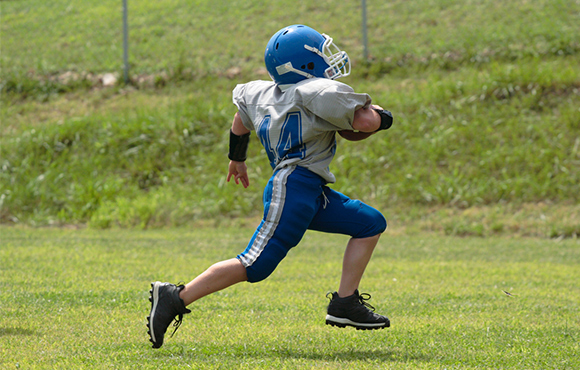
I transferred to the cross-town junior high, in large part, because their head coach had an established track record of playing eighth graders on the ninth grade team. I wanted to skip the seemingly pointless eighth grade 5:30 P.M. games and make it straight to prime time--Friday night lights.
So I prepared a case to present before my parents and coerced them into applying for my transfer. My goal was clear and concise: Start for the ninth grade team. My realization of that goal was no small benchmark in a young man's life. Two years later, I wrote one word on a sheet of paper in my room: "Varsity." Again, clear and concise--and subsequently achieved.
As an adult, I make lists of small goals each day and track progress towards larger goals over the course of weeks and months. All of it stems from that very first football-related achievement.
Coaching is caring.
2 of 9
It's easy to get discouraged by a seemingly angry coach, but learning to accept constructive criticism is vital to a player's ultimate success or failure. If a coach is spending his time and energy on a player, he sees it as a worthwhile investment of resources. It's only time to worry when coaches stop coaching you.
Later in life, the same can be said for our bosses. Constructive criticism is an indication that they expect more--that they've identified an individual with untapped potential. In most cases, a quiet boss is no different from a quiet coach. When they stop coaching, it might be time to look in the mirror and demand more from yourself.
How to (really) be part of a team.
3 of 9
Football is not the only team sport, but it is the ultimate team sport. Ten guys can be perfect on any given play, but the mistake of one will almost always nullify their efforts. One missed block and the quarterback is wearing a defensive end like a blanket. One blown coverage and a wide receiver is dancing into the end zone for a touchdown.
The pressure to hold up your end of the bargain can be immense, but the ability to do so also breeds trust and solidarity within the group. There's just something about looking into the eyes of your teammates, seeing that trust, and knowing that you can count on them, as well.
Long after our careers are over, we still see our assorted work teams and friend groups similarly. Everyone plays a role, and accountability in that role is key.
The necessity of commitment.
4 of 9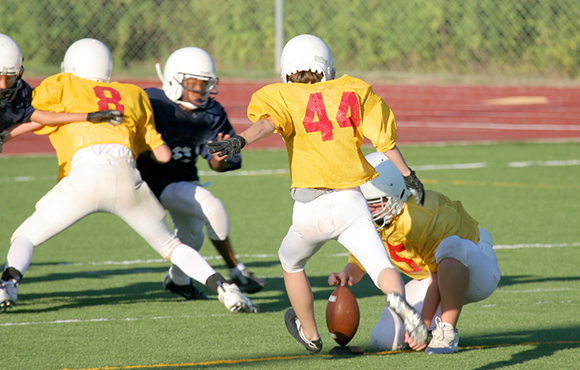
You can't be partially invested in committing to your position, the scheme, or even a single play without being exposed. There's no half-way in the sport of football. To succeed and minimize the risk for injury, you have to be all in.
The same can be said in many facets of our post-football lives. Both in our relationships and at work, a lack of commitment and attention to detail can derail our ultimate success before we even really get started.
Perseverance is everything.
5 of 9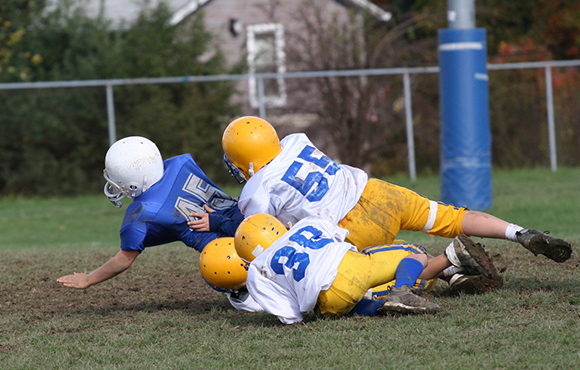
Football is far too difficult to remain undefeated. You're going to make mistakes. You're going to lose. You're going to fail. Within a single game, players will be asked to overcome countless obstacles and momentum swings. Over the course of entire careers? The number is immeasurable.
Ultimately, we are each forced to keep fighting back against disappointment, trusting that there will be a breakthrough; that we will have what it takes to win the war in spite of lost battles.
Discipline and respect are the standard.
6 of 9
Football looks glamorous on game day, but the game requires a level of sacrifice and discipline unseen by most. Before we can learn to lead, we have to learn to follow our leaders. Being accountable and respectful to our coaches teaches us how to be accountable and respectful to others away from the field.
And while it won't necessarily separate us from our teammates in the moment, showing up ready to work, responding to authority figures with an appropriate level of reverence and learning how to lead the right way will prove to be invaluable differentiators later in life.
Control what you can control.
7 of 9
Patriots' head coach Bill Belichick famously coined the phrase, "Do your job," which means more than you might think. On every snap, a football field is complete madness: flashes and blurs and virtually microscopic keys that each player needs to read to do his own job. Even a split second worrying about someone else can provide enough distraction to leave you out of position.
On the field, and in life, we're far better served controlling what we can control and trusting that our teammates will do the same. Or, put another way, "We'll all see the problem on Monday, just don't be the problem on game day."
Compete, compete, compete.
8 of 9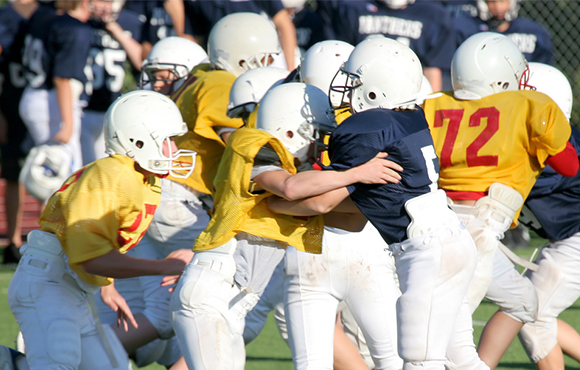
The game of football provides a high that is impossible to describe and will never again be felt after we're done playing--but that doesn't mean our competitive spirit goes into retirement.
Football teaches us how to compete against our peers and how to compete with ourselves--and competition doesn't just happen in the moment. In fact, the bulk of being competitive takes place behind the scenes through research and planning before it's ultimately executed.
Many people lack that competitive instinct, but having it--and knowing when and how to deploy it--will always serve you well.

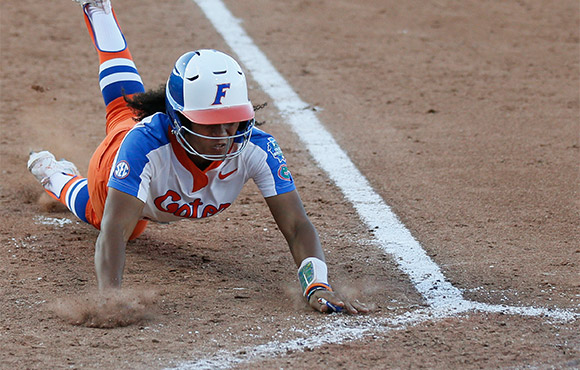


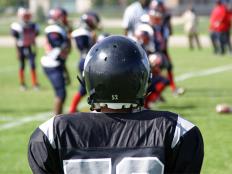


Discuss This Article